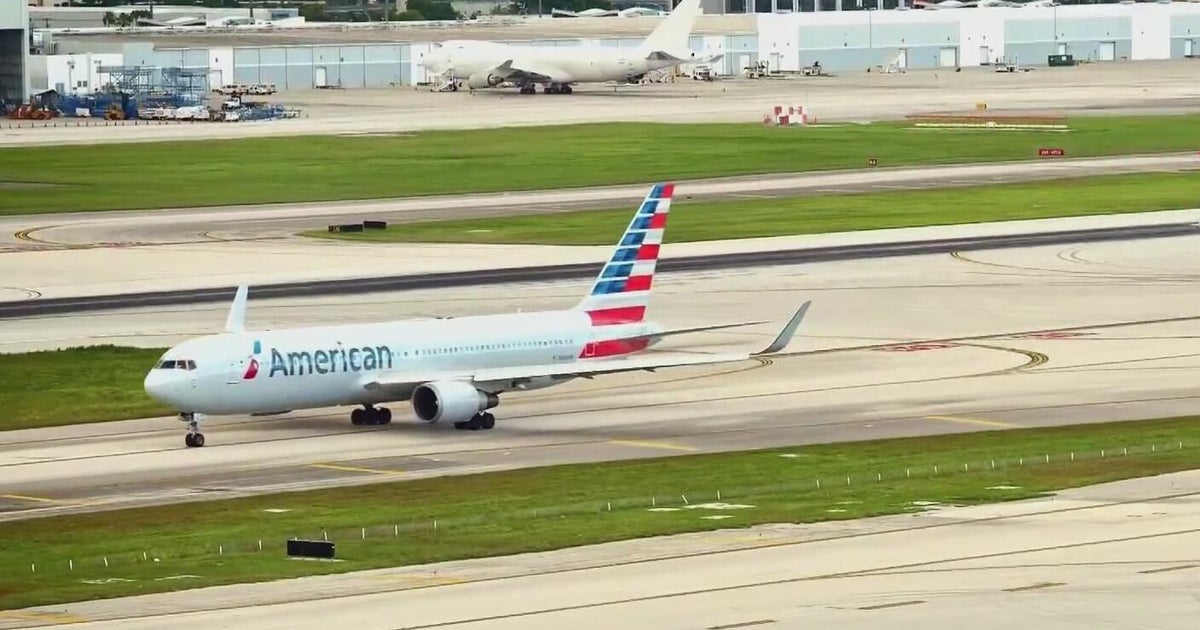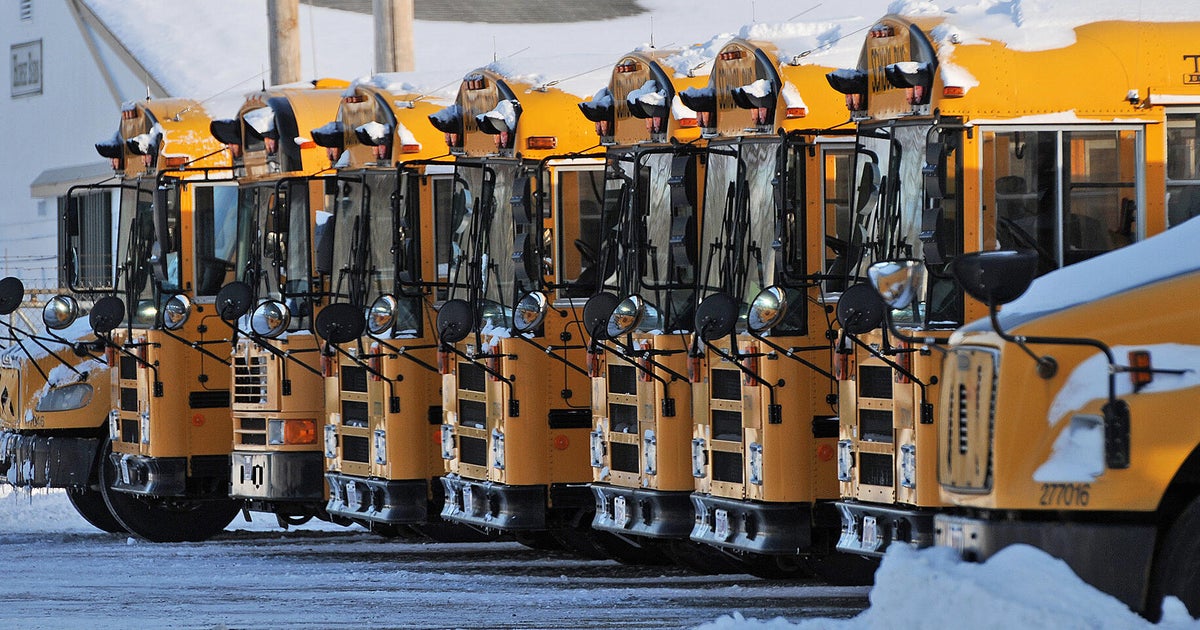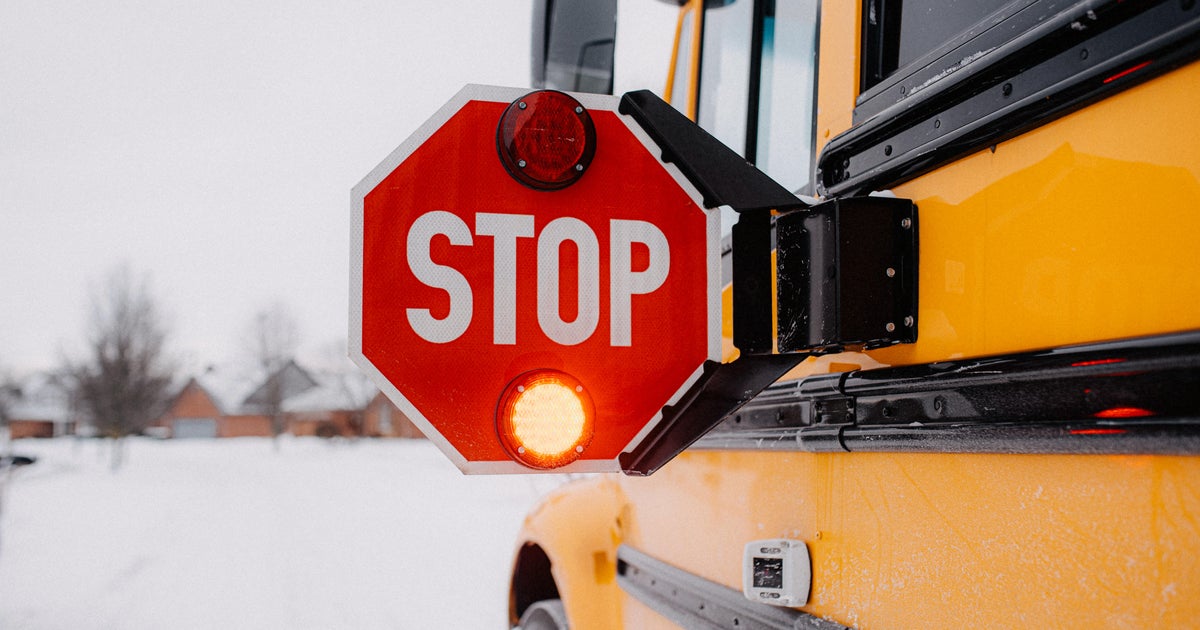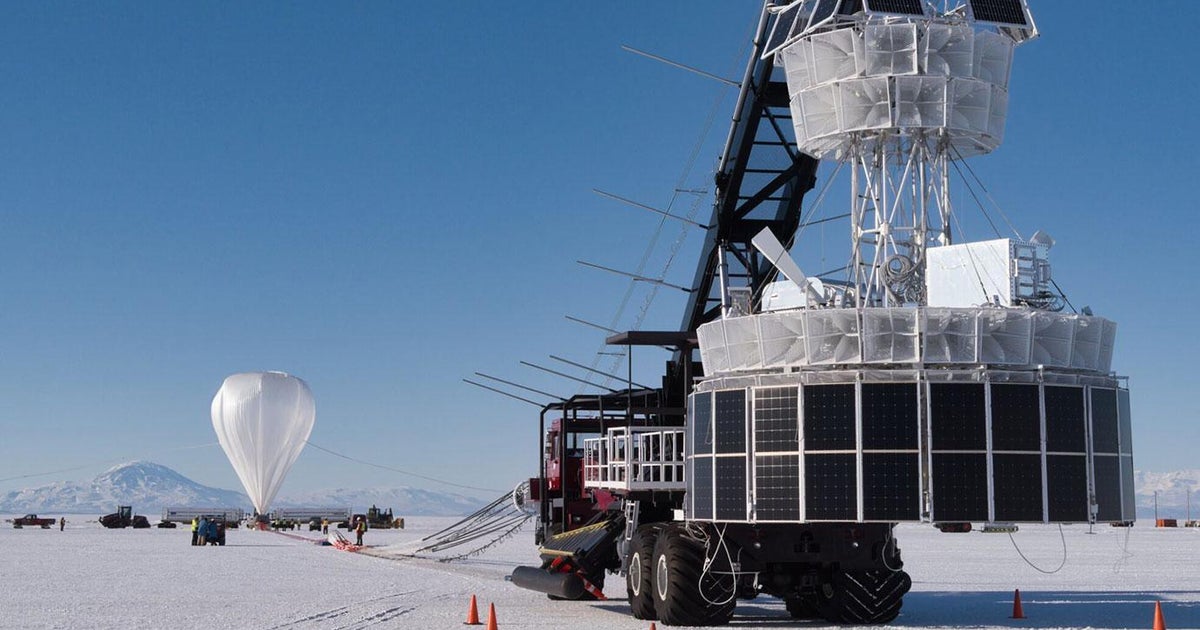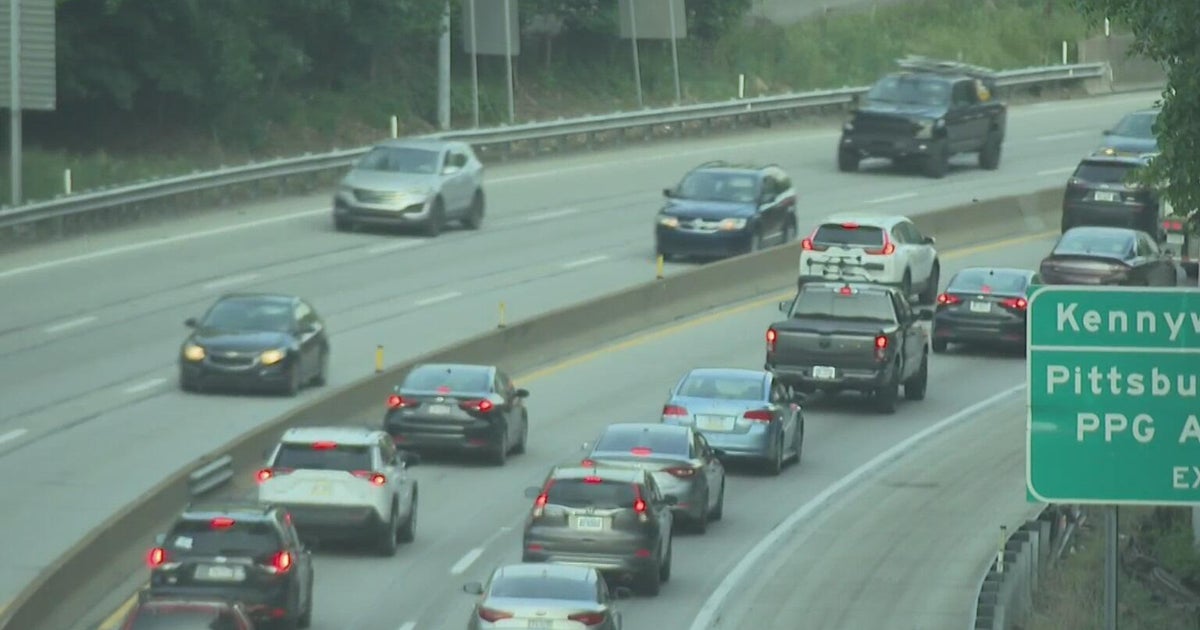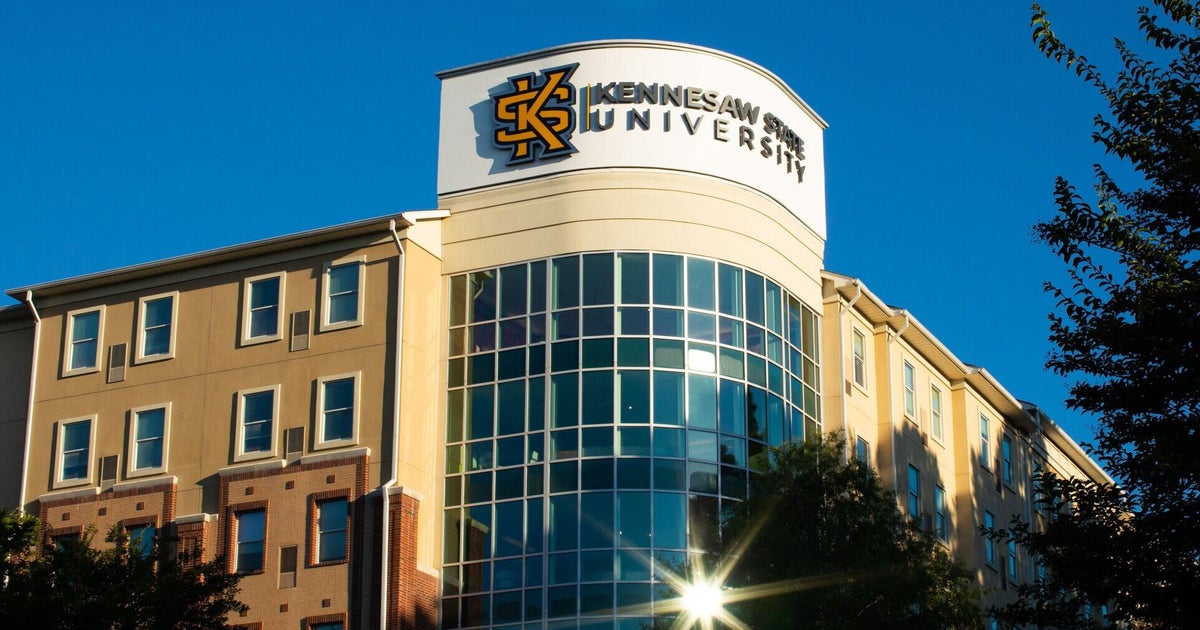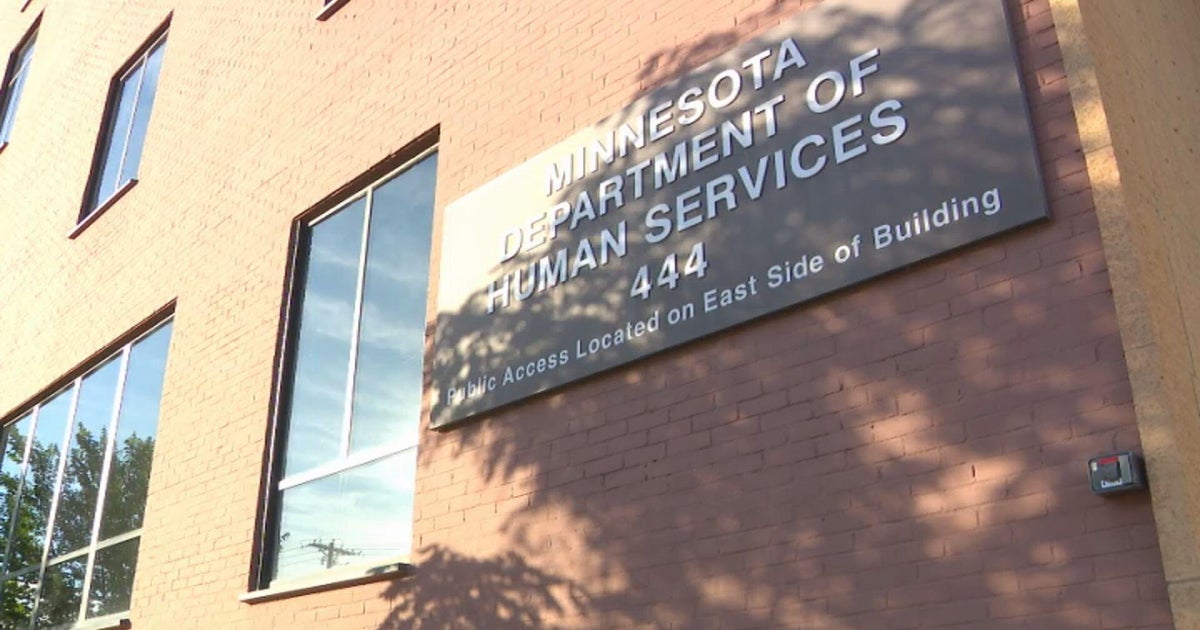NASA Delays Shuttle Flight Until February
CAPE CANAVERAL (CBS4) - There's another delay for the launch of the space shuttle Discovery's final mission. NASA's top spaceflight managers announced Friday that the final mission won't take off until February, three months late because of fuel tank cracks that are stumping engineers.
They said they need more time to understand the cracking, which cropped up following a failed launch attempt in early November.
Discovery remains on the launch pad, holding a load of equipment for the International Space Station. The launch team plans to conduct a fueling test by month's end — rigging the external tank with sensors and then loading it up — in hopes of cracking the elusive crack problem.
"Analysis can only get you so far," said shuttle program manager John Shannon. "It's time to go test."
Bill Gerstenmaier, head of NASA's space operations, said liftoff tentatively is set for Feb. 3, the opening of the next practical launch window. That will push the mission of shuttle Endeavour from the end of February and March, into April. A series of unmanned cargo ships from other countries are due to fly to the orbiting lab in the coming weeks, complicating matters. Also on tap is the arrival of a new station crew in mid-December, via a Russia Soyuz spacecraft.
Gerstenmaier said the postponements should not affect NASA's effort to secure funding for an extra shuttle flight next summer.
NASA is retiring its shuttle fleet next year under the direction of the White House.
The cracking occurred in two of the many aluminum alloy ribs, or so-called stringers, that surround the central portion of the fuel tank. Equipment, but no fuel, is located in this area.
Inspectors first detected a large crack in the insulating foam that covers this area. It wasn't until the foam was removed that four cracks were found on the exterior of the tank itself.
The concern is that cracking in the metal ribs could cause chunks of foam to pop off and slam into Discovery. A slab of foam pierced Columbia's wing during liftoff in 2003; the shuttle later was destroyed upon re-entry.
An unintended result of the delay is that NASA's identical twin astronauts, Scott and Mark Kelly, will not unite in orbit.
Scott is currently the commander of the space station; Mark is the skipper for Endeavour's flight. Had the shuttle missions remained on track, the brothers would have become the first blood relatives to fly in space at the same time. Now, Scott will be gone from the station by the time his brother arrives.
(© 2010 CBS Broadcasting Inc. All Rights Reserved. This material may not be published, broadcast, rewritten, or redistributed. The Associated Press contributed to this report.)
